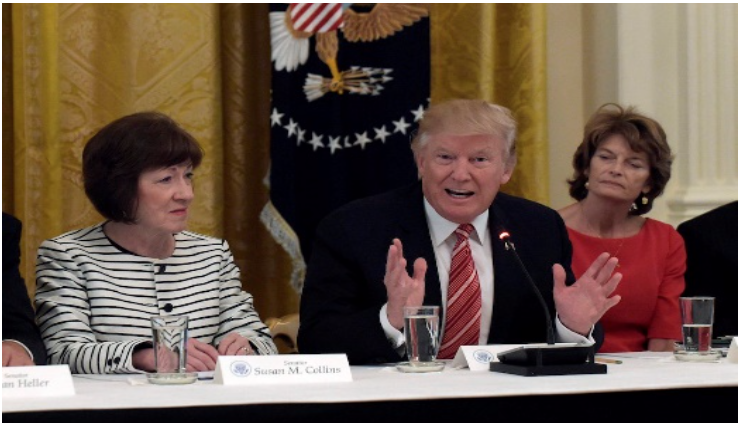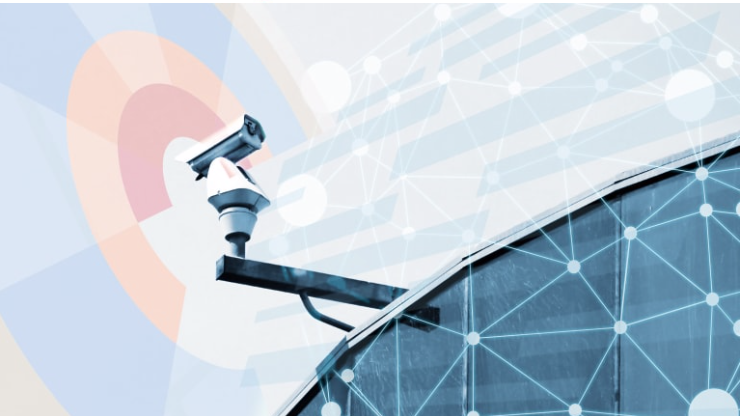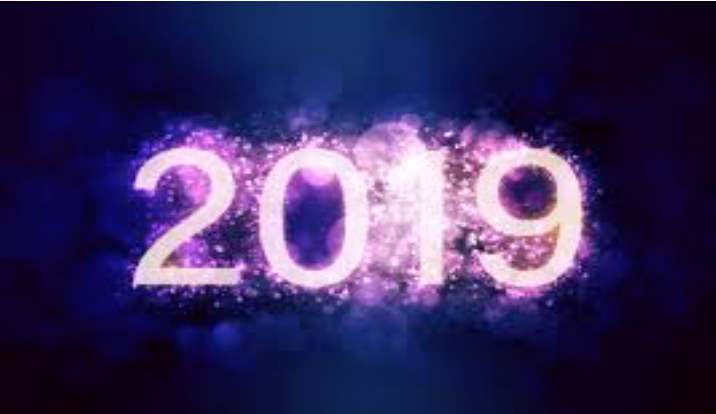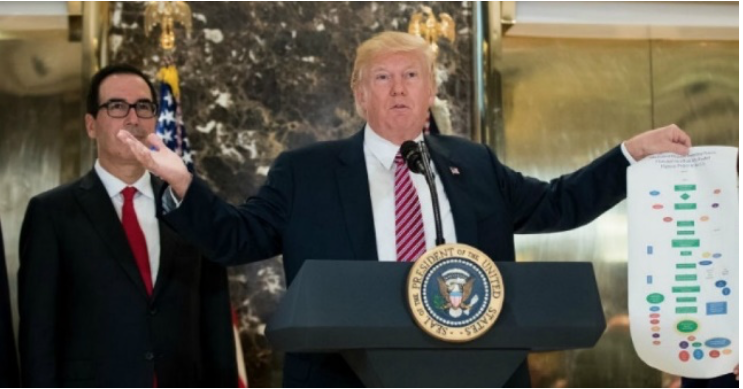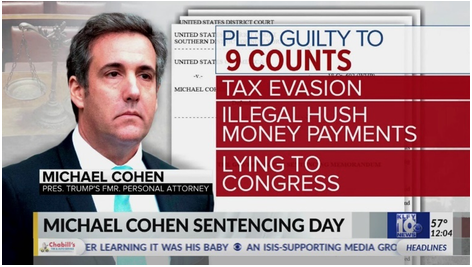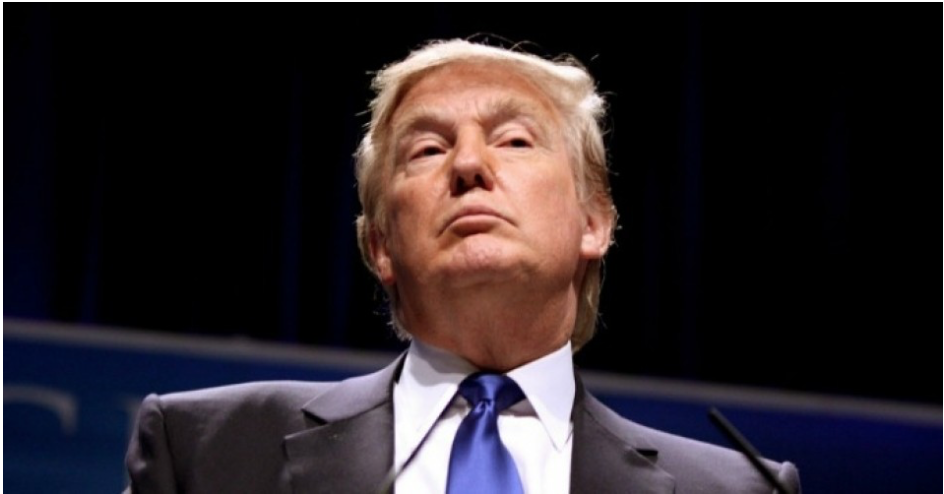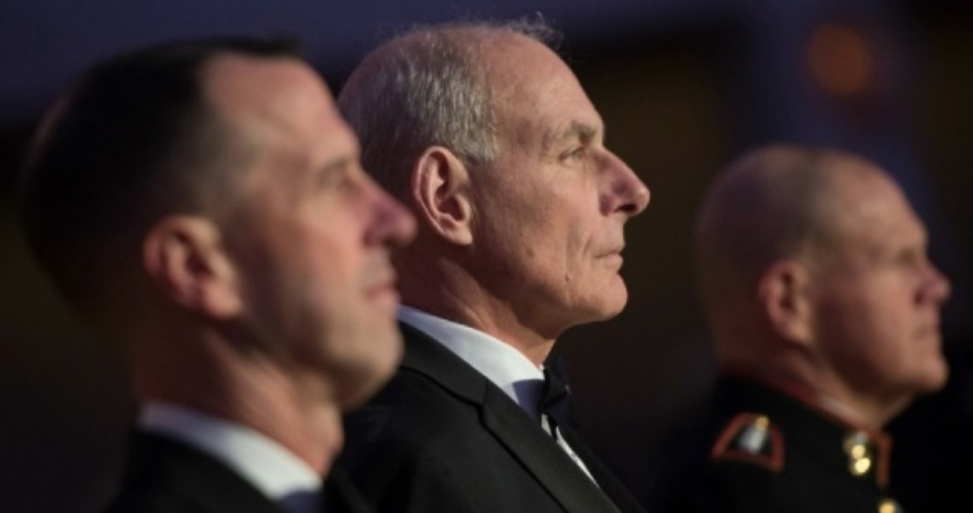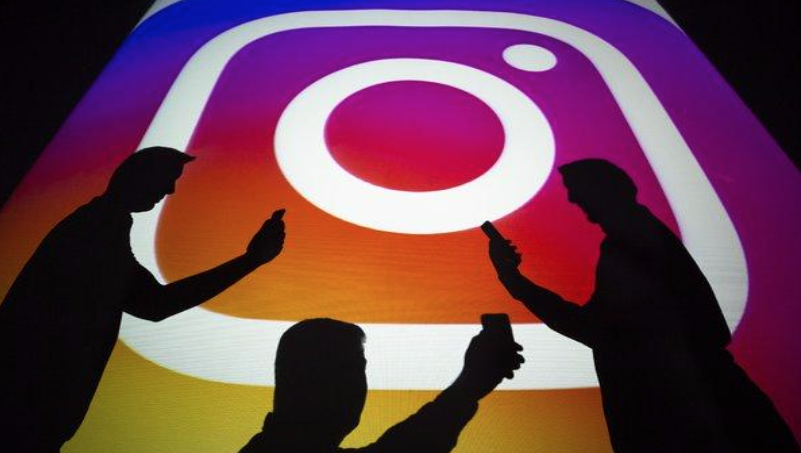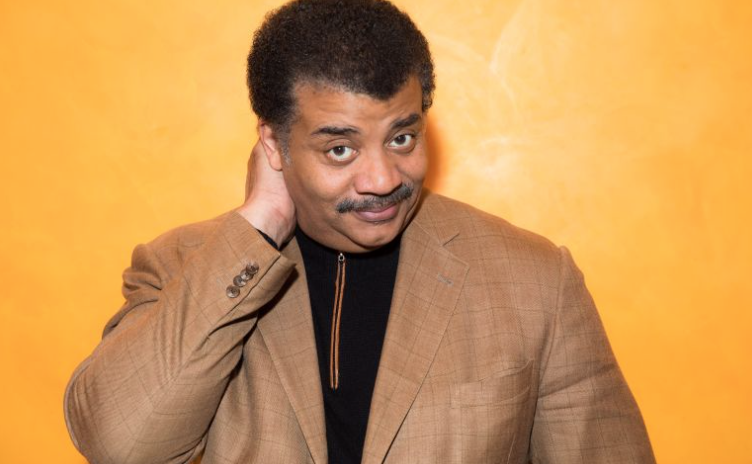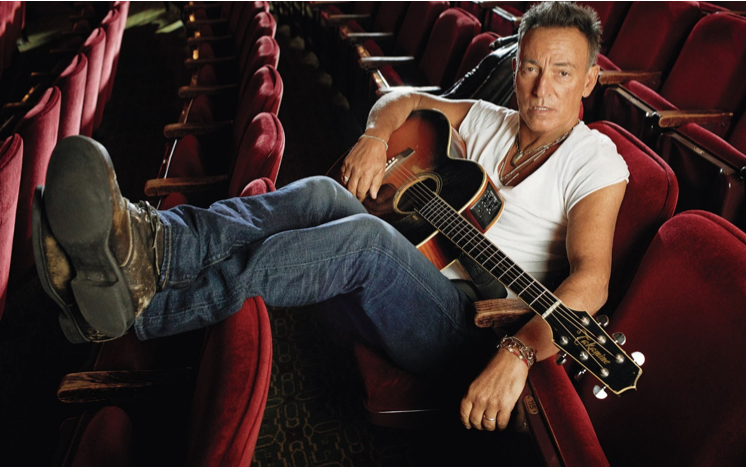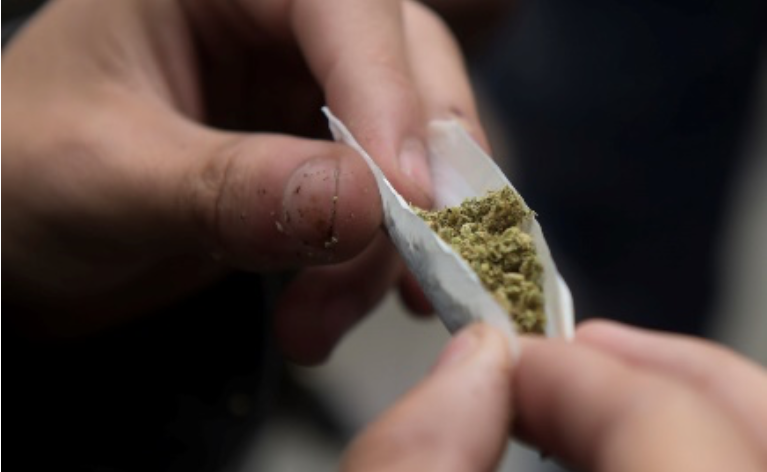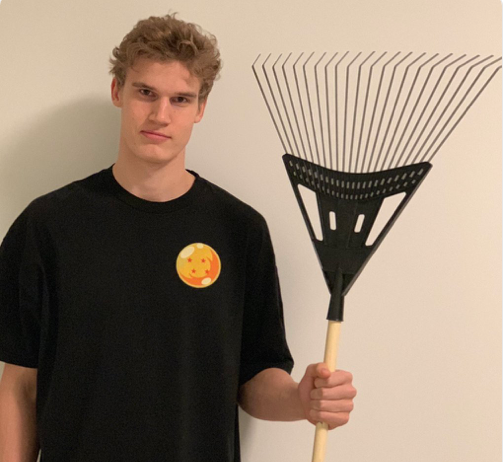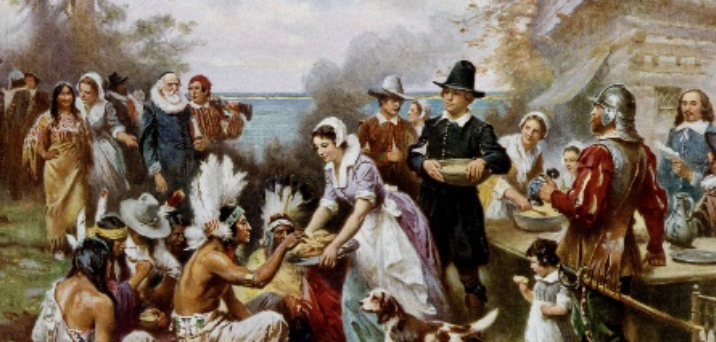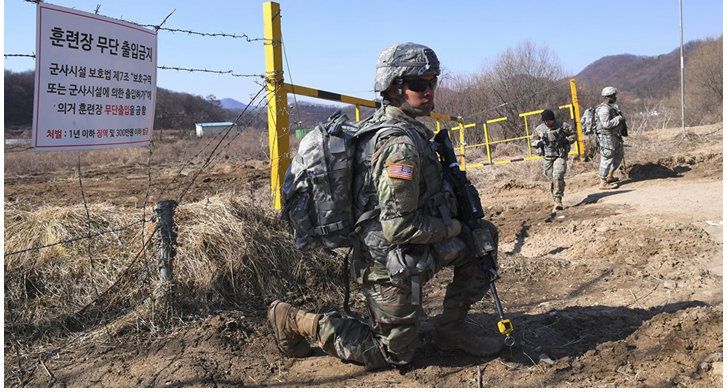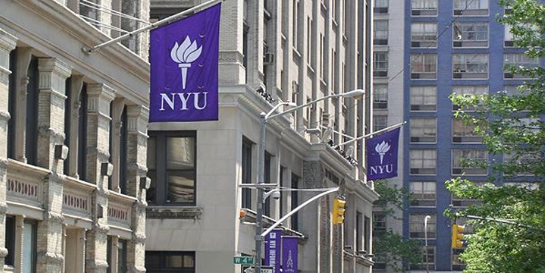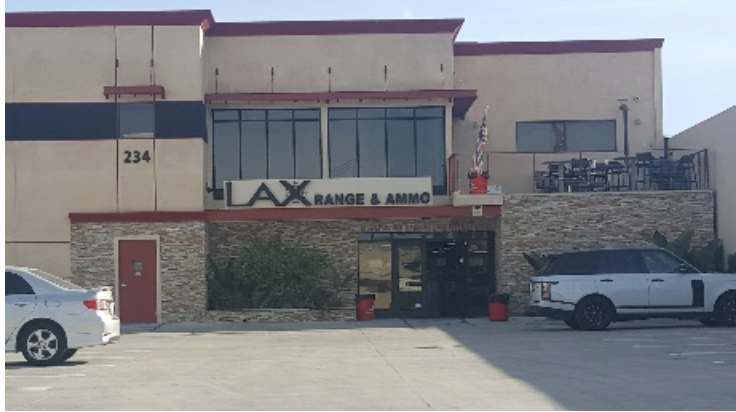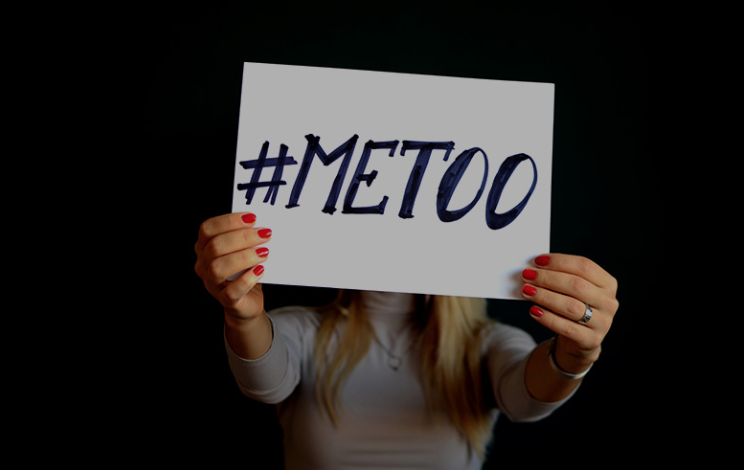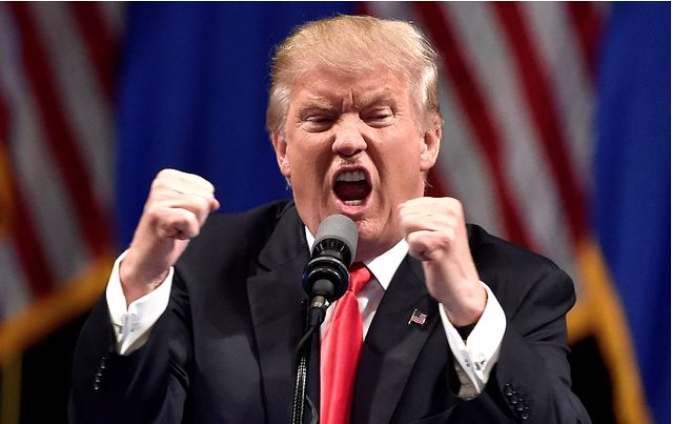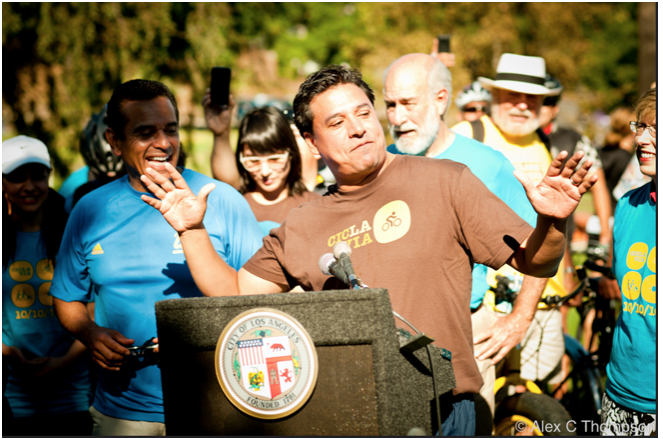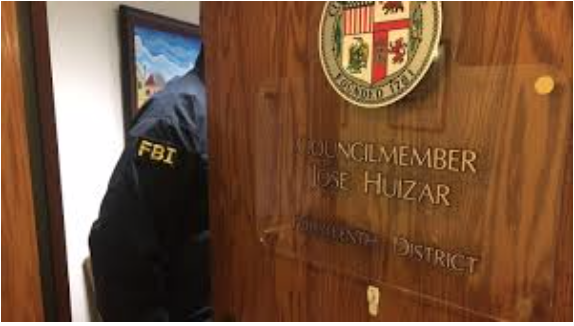
INTEL REPORT--The scene could have been out of a movie: more than a dozen FBI agents striding out of elevators on the fourth floor of Los Angeles City Hall and descending on the office of Councilman Jose Huizar.
By lunchtime Wednesday, federal investigators had served search warrants on Huizar’s City Hall suite, one of his field offices and his Spanish Colonial Revival residence in Boyle Heights, carrying boxes of materials from at least two of those locations.
The agents’ coordinated operation, described by neighbors and a handful of city employees, delivered a serious jolt to City Hall, which has not experienced such a flurry of investigative activity in more than a decade.
The searches pose, at minimum, a serious political threat to Huizar, a City Hall veteran who is working to elect his wife, Richelle Huizar, to his Eastside council seat. (Read more.)
+++
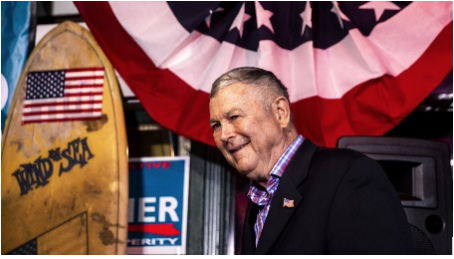
Downey, CA Republicans Could Lose Up to Four More House Seats
MICHAEL FINNEGAN
California Republicans lost two House seats in Tuesday’s midterm election and could surrender more as tens of thousands of ballots are counted in four other contests that remain too close to call.
The party has an exceedingly small chance of holding the seats of Reps. Dana Rohrabacher and Jeff Denham, historical voting patterns suggest. Two other Republicans, Rep. Mimi Walters and Young Kim of Fullerton, hold thin leads over their opponents that could also vanish. (Read the rest.)
-cw
